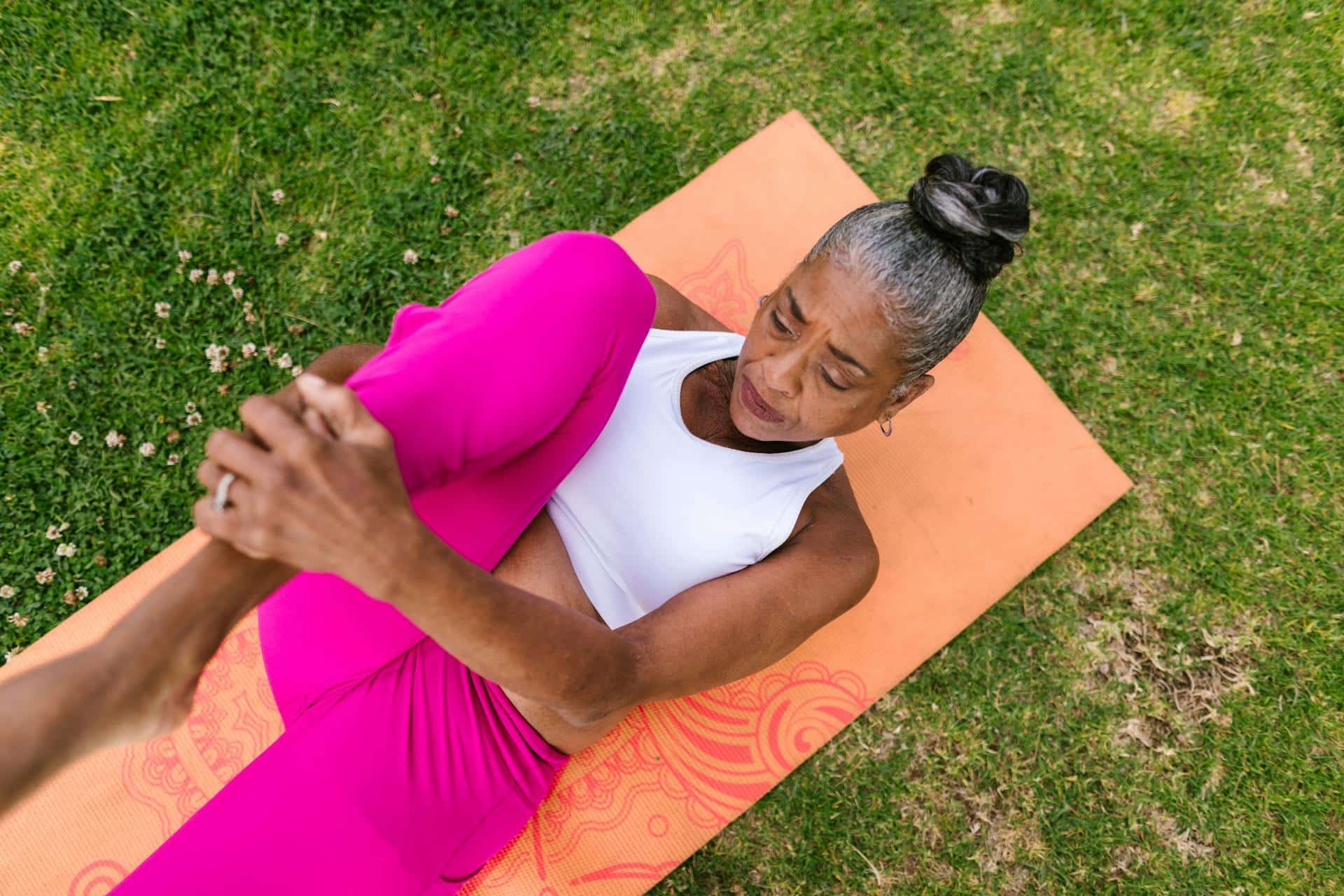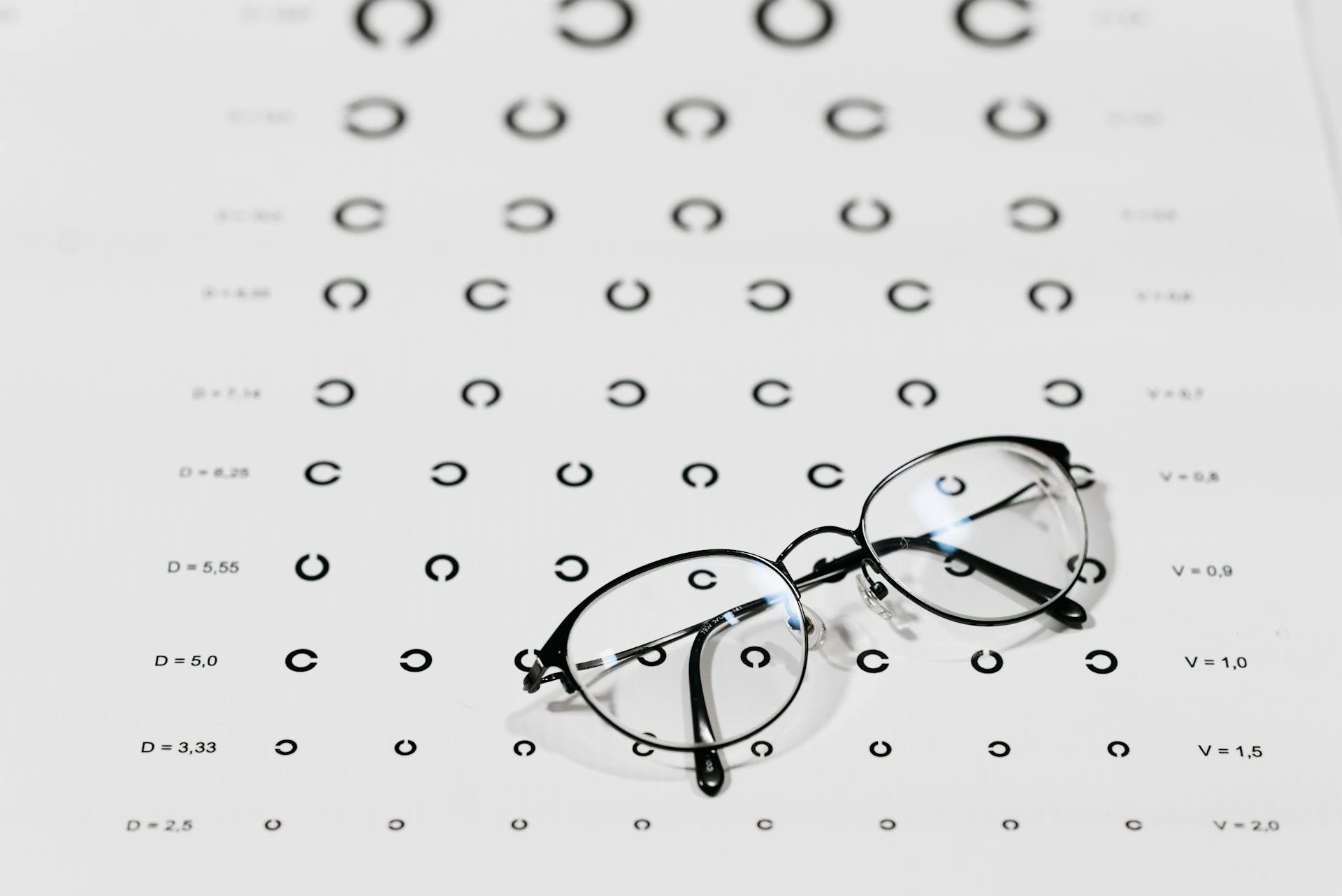Aging is an inevitable process, but there are many steps you can take to boost your health and well-being as you get older. In this guide, we’ll focus on key aspects to consider to protect and nourish your body and mind as you approach your senior years.

Image source: https://www.pexels.com/photo/elderly-woman-doing-a-leg-stretching-8172908/
Physical fitness and movement
Regular exercise is beneficial for all ages. From children to the elderly, there are several advantages to leading an active lifestyle, including lowering the risk of conditions like heart disease and type 2 diabetes, boosting mental health, and building strong, healthy bones and muscles. It’s common to reduce activity levels as you get older, but any kind of movement is better than being sedentary. Aim for 150 minutes of gentle to moderate exercise per week. This can include everything from walking, gardening and dancing to playing tennis or golf, or doing housework, Pilates or yoga.
If you find that your mobility restricts you as you age, look for groups and classes that cater to seniors, work with an experienced personal trainer, or try low-intensity activities, such as walking and swimming.
Socializing
Did you know that the definition of the word ‘health’ covers mental, physical, and social well-being? Socializing is hugely important as we age, particularly as many people have more free time during retirement. There are multiple ways to build networks and meet new people. Ideas to explore include exploring accommodation options, such as moving to a retirement community for independent living, joining local clubs, groups, and societies, devoting more time to hobbies and interests, and volunteering. Getting to grips with tech can also be beneficial, especially if you don’t live near family members and friends. Video calls are a brilliant example. They allow you to see and keep in touch with loved ones, no matter the distance or time zone.
Mental health
We often focus on our bodies when we discuss healthy aging, but mental health is equally important. The risk of depression increases during old age, with common risk factors, such as poor physical health, feeling isolated, losing loved ones, and lacking routine and purpose after giving up work, to contend with. Self-help techniques for better mental health include regular exercise, maintaining an active social life, taking up a hobby, spending time outdoors, breathing exercises, and embracing self-care. Simple self-care tips include getting plenty of rest, eating a healthy diet, and making time for activities and people that make you happy.
Hearing and vision care
Many people find that their hearing and vision deteriorate as they get older. There may not be a way to slow down the aging process, but going to routine tests and examinations can make a big difference. If you attend frequent checks, you can access treatment options as early as possible and lower the risk of complications and more severe symptoms.
Warning signs to watch out for include struggling to keep up during conversations, changes in your hearing or vision, double or blurred vision, turning the volume on your TV or radio up, asking people to repeat themselves, or feeling like everyone is talking quietly or mumbling around you.

Picture credit: https://www.pexels.com/photo/eyeglasses-on-an-oculist-scale-5996744/
Aging is an unstoppable process, but there are lots of things you can do to boost and nourish your health and well-being as you get older. Key steps include moving more and maintaining an active lifestyle, building social connections, taking care of your mental health, and keeping up with routine hearing and vision checks.